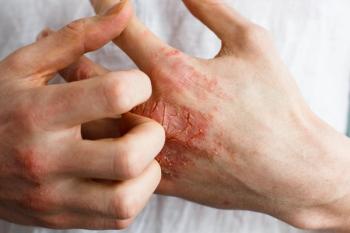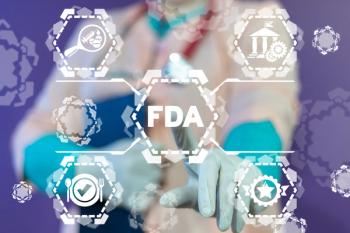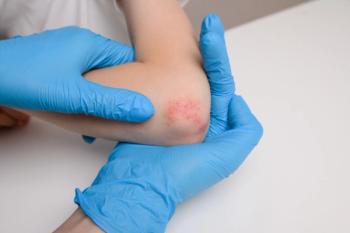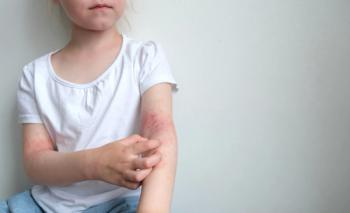
Examining the Safety and Efficacy of Oral Zinc and Low-Dose Isotretinoin for Acne Vulgaris
Numerous adverse effects are associated with standard-dose isotretinoin.
A recently published study in the Journal of Clinical and Aesthetic Dermatology aimed to evaluate the safety and efficacy of combining oral zinc with low-dose isotretinoin in patients with acne vulgaris (AV). Overall results found that oral since plus low-dose isotretinoin resulted in satisfactory improvement in patients with AV and with fewer adverse effects. The study author believes further studies are recommended to compare the efficacy of other zinc preparations if combined with systemic isotretinoin at different concentrations.
The study enrolled 60 patients with moderate-to-severe AV, according to the Global Acne Grading System (GAGS). Patients were divided into 2 groups; Group A received oral zinc sulfate plus low-dose isotretinoin and Group B received the standard isotretinoin dosage. Acne severity, photos, adverse effects, and patient-reported satisfaction were recorded at each visit.
In the 2 groups, there was no significant difference in the reduction of lesion count and GAGS scores. The frequency of treatment-related side effects was 20% in Group A and 76.7% in Group B. There was no difference regarding the relapse rates between both groups (p>0.05). Finally, the patient’s satisfaction rates did not differ between the 2 groups.
Group A was comprised of 15 males and 15 females with a median age of 23.5 years. Group B was comprised of 15 males and 15 females with a median age of 25 years. There was no statistically significant difference between the 2 studied groups regarding the reduction of comedonal and non-comedonal lesions count, as well as GAGS assessment at both bassline baseline and monthly follow-up visits except at the fourth visit. At the fourth follow-up visit, Group B showed a more significant improvement in GAGS than Group A, however, the difference became insignificant by the fifth visit.
In this study, oral zinc combined with low-dose isotretinoin demonstrated satisfactory improvement in patients with AV with fewer adverse effects. Another benefit of this combination is the treatment cost, as systemic isotretinoin products are known to be expensive in comparison to oral overthe counter zinc supplementations.
Oral zinc is an inexpensive, adjuvant, and sparing therapy to systemic isotretinoin in AV. Additionally, oral zinc minimizes isotretinoin’s adverse effects. However, the rate of treatment relapse is similar to higher dose isotretinoin monotherapy. Further studies are recommended to assess using other zinc preparations and higher zinc doses with different isotretinoin regimens to determine the best combination.
Reference
- Salah E. Oral Zinc as a Novel Adjuvant and Sparing Therapy for Systemic Isotretinoin in Acne Vulgaris: A Preliminary Comparative Study. J Clin Aesthet Dermatol. 2022;15(10):58–61.
https://jcadonline.com/zinc-therapy-systemic-isotretinoin-acne/
Newsletter
Pharmacy practice is always changing. Stay ahead of the curve with the Drug Topics newsletter and get the latest drug information, industry trends, and patient care tips.























